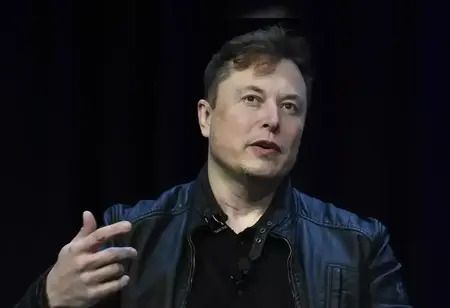
Tesla Urges Delaware Supreme Court to restore Musk’s Payday


A Tesla attorney told the Delaware Supreme Court that Elon Musk's $56 billion compensation plan should have been reinstated by a shareholder vote last year.
One of the largest corporate legal disputes reached its conclusion after a lower court judge annulled the Tesla CEO's historic compensation in January 2024.
The company is additionally contesting a lower court's decision that deemed a vote by shareholders to reinstate the compensation package legally invalid.
"This was the most knowledgeable shareholder vote in Delaware's history," Jeffrey Wall, an attorney representing Tesla, informed the justices. "Confirming that it would settle this matter."
The result of the case could have significant implications for Delaware, its commonly employed corporate law, and its Court of Chancery, which was once a preferred location for business conflicts but has recently faced accusations of bias against influential business leaders.
Also Read: US Tariffs on India an Economic Boon?
The Court of Chancery's decision to invalidate Musk's compensation has become a rallying point for critics in Delaware. Chancellor Kathaleen McCormick determined that the Tesla board was not independent from Musk when it sanctioned the compensation package in 2018 and that shareholders were missing essential information when they voted overwhelmingly in support of it. Consequently, she used a strict legal criterion and determined the compensation was unjust to stakeholders.
Also Read: A Brief History of India's Transformation Under PM Narendra Modi
Musk was absent from the proceedings, which took place in a dedicated court designed for the 65 attendees, primarily consisting of legal professionals.
The defendants, who are current and former directors of Tesla, rejected any wrongdoing and claimed that McCormick misunderstood both the facts and the law.
Also Read: 5 Latest CHRO Appointments in Global Corporations
Tesla contended in Dover, Delaware, that the five justices on Delaware's supreme court had three options to overturn the lower court decision. They might discover that Musk, who held 21.9% of Tesla shares in 2018, did not oversee the board compensation discussions and that shareholders were adequately informed when they approved it that year.
They could conclude that revoking the compensation was an inappropriate remedy since it did not reverse the work that Musk had accomplished or the benefits that shareholders had obtained. Alternatively, they might conclude that the previous year's voting indicated shareholders wished to approve the compensation agreement, regardless of its legal issues.